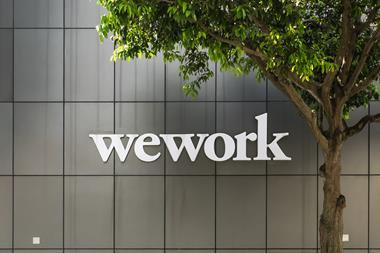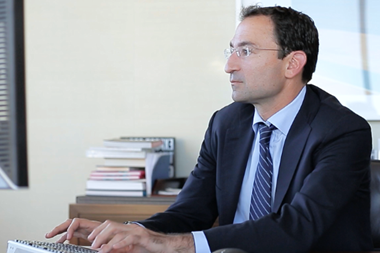The bedrock of the modern English real estate economy is old – in fact, medieval. The concepts of freehold and leasehold interests, a landlord’s ability to demand income from pure physical space in return for a leasehold estate, were established in 1066 by William the Conqueror.

So the general perception is that it will take time to change the structures of an office real estate sector that have been normalised over many centuries.
The focus of the industry as a whole remains very much on the physical building and fixed income it generates. Of course, the building is important; the end user definitely places value on great buildings in great locations.
But should the industry take a more holistic approach to offices as an asset and address some fundamental questions, such as: what is the product? What is the asset that will be the subject of valuation in the coming years?
And how can building owners prepare for that?
Think of a building you worked in 20 years ago. You may recall the physical space, decor and sort of office you had. Rather than dwelling on the rent or great lease you negotiated, your focus will probably be on the people you met, the opportunities you got and how your career grew.
In short, it’s not the space itself you are focused on. You will have some interest if it met your requirements or exceeded them in terms of service levels and connectivity. However, it is the experiences you have in the space via your network that matter as the user/consumer. If we accept that the economy is more and more consumer led, then in real estate too, we should start with the consumer’s requirements. The value for the end user is in the facilitation of experiences, in the network that enables them to recruit and retain a productive workforce, as well as grow their employees and businesses; these factors are at least as important as a great building and the tea and biscuits.

The value of this operation to the consumer will increasingly feed into the real estate valuation. How can office owners address such a fundamental structural change?
Perhaps we may see a mirroring of the hotel sector’s partnership approach towards profit made in the space. It will be interesting to see how the industry tackles these challenges.
































No comments yet